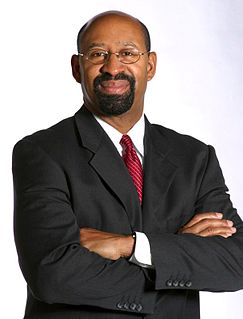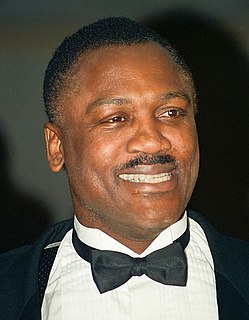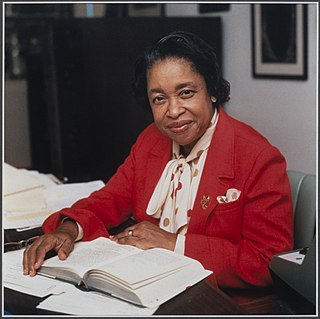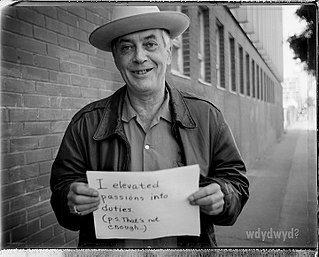A Quote by Dick Gregory
I never thought I'd see the day that I would see white folks as frightened, or more so, than black folks was during the civil rights movement when we was in Mississippi.
Related Quotes
For black politicians, civil rights organizations and white liberals to support the racist practices of the University of Michigan amounts to no less than a gross betrayal of the civil rights principles of our historic struggle from slavery to the final guarantee of constitutional rights to all Americans. Indeed, it was practices like those of the University of Michigan, but against blacks, that were the focal point of much of the civil rights movement.
I don't go and study other folks. I come from where I came from, as a kid, in the little black church I grew up in. And some of the things they did I rejected, because I could see that it was a manipulation and an exaggeration. My struggle is never to fool folks; to keep it authentic - who we are and who we are becoming - rather than to mimic or to translate what others do into my own terms.
All B.S. aside, it all comes down to... we got to survive. I mean, even warriors put their spears down on Sundays. We got to survive here in this country... 'cause I'm not going back to Africa. We got to survive here. And for us to survive here-White folks, Black folks, Korean folks, Mexican folks, Puerto Ricans-we got to understand each other.
In less than a century we experienced great movement. The youth movement! The labor movement! The civil rights movement! The peace movement! The solidarity movement! The women's movement! The disability movement! The disarmament movement! The gay rights movement! The environmental movement! Movement! Transformation! Is there any reason to believe we are done?
In the South, prior to the Civil Rights movement and the 1964 Civil Rights Act, democracy was the rule. The majority of people were white, and the white majority had little or no respect for any rights which the black minority had relative to property, or even to their own lives. The majority - the mob and occasionally the lynch mob - ruled.
































